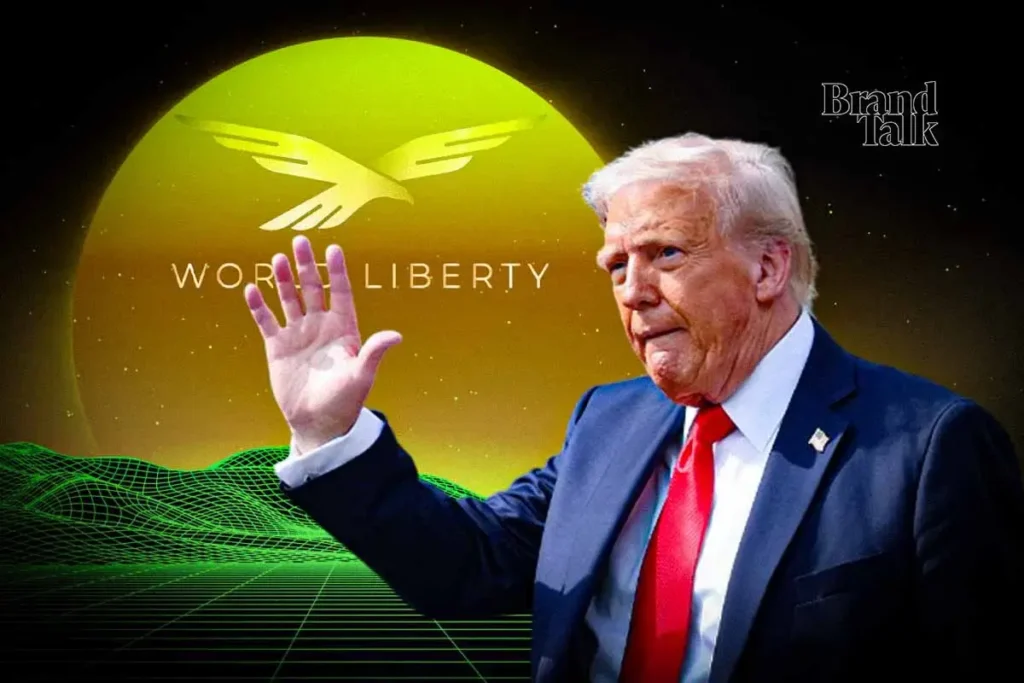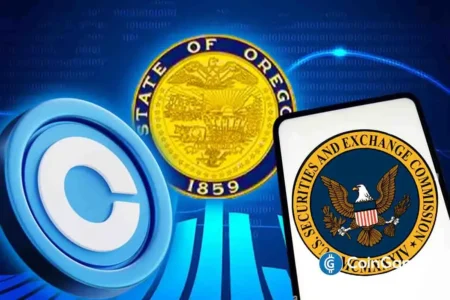The Trump-endorsed WLFI (World Liberty Financial Initiative) has recently appointed Bilal Bin Saqib as a new advisor. Bilal is a British-Pakistani entrepreneur and angel investor who has been listed on Forbes’ 30 Under 30. With WLFI’s recent launch of its stablecoin, USD1, and plans to scale its protocol and DeFi system, the addition of Bilal Bin Saqib to its advisory board alongside renowned figures like Justin Sun and Sandy Peng could bring further strength to the project.
Bilal Bin Saqib is known for his work in social entrepreneurship and technology, particularly through his non-profit Tayaba, which focuses on providing clean water to underserved communities in Pakistan. He has also launched the One Million Meals campaign during the COVID-19 pandemic, serving over a million meals to NHS frontline workers in the UK. With a background in venture capital and technology startups, Bilal’s involvement in WLFI marks a new chapter in his global influence and commitment to Web3 and sustainability.
WLFI, marketed as a platform for “freedom-centric finance,” aims to reduce reliance on traditional financial institutions and combat centralized control and censorship. The project has been positioned as a response to the politicization of global finance and Big Tech’s growing influence, appealing to conservative values. With an advisory board now featuring a mix of political strategists, crypto veterans, and global thought leaders, including Bilal Bin Saqib, WLFI may attempt to rebrand itself as a more globally inclusive platform for financial liberty.
Saqib’s entry into WLFI could help legitimize the project on a global scale, especially in emerging markets where crypto adoption is on the rise. His social impact background may also reshape the public narrative around WLFI, which has faced criticism for its alignment with U.S. right-wing politics. Additionally, Saqib’s presence could open doors for strategic partnerships across the Middle East and South Asia, leveraging his established philanthropic and entrepreneurial roots in those regions.
WLFI is gearing up for its first public demo in Q2 2025, and all eyes are on how the advisory board, including Bilal Bin Saqib, will navigate the intersection of decentralized tech and global policy narratives. If successful, WLFI could emerge as a significant player in the evolving crypto landscape, bridging the gap between politics and innovative financial solutions. It will be interesting to see how WLFI’s rebranding efforts and strategic partnerships unfold in the coming months, potentially reshaping the project’s image and impact in the crypto industry.

















